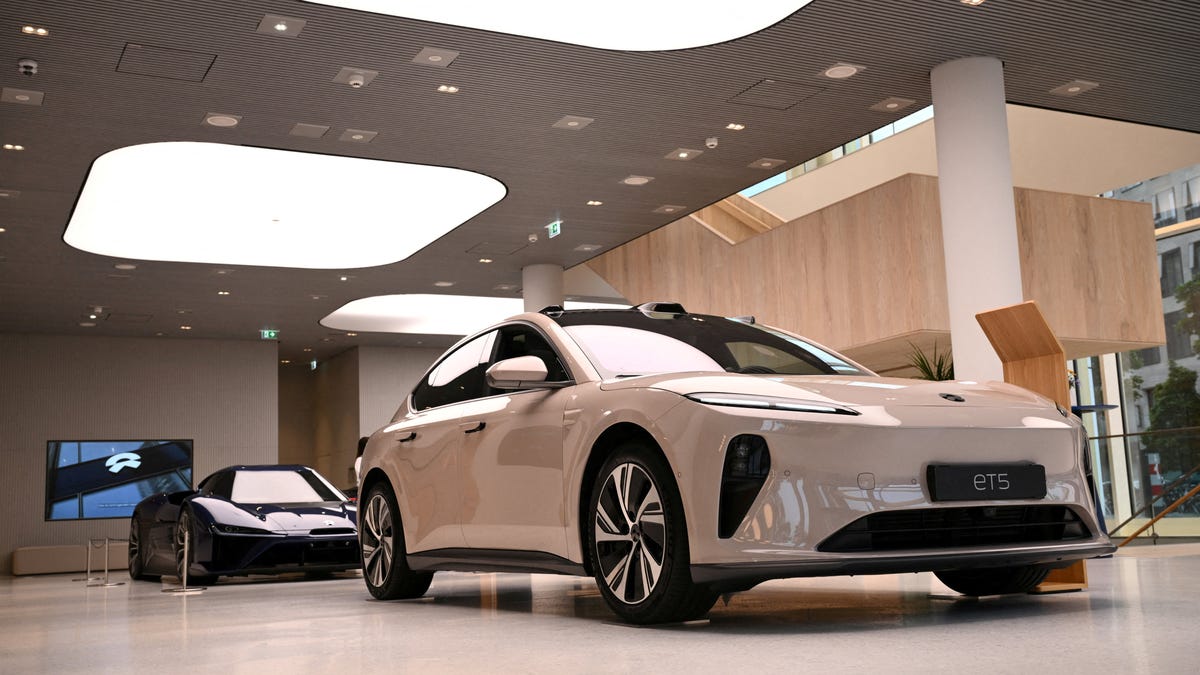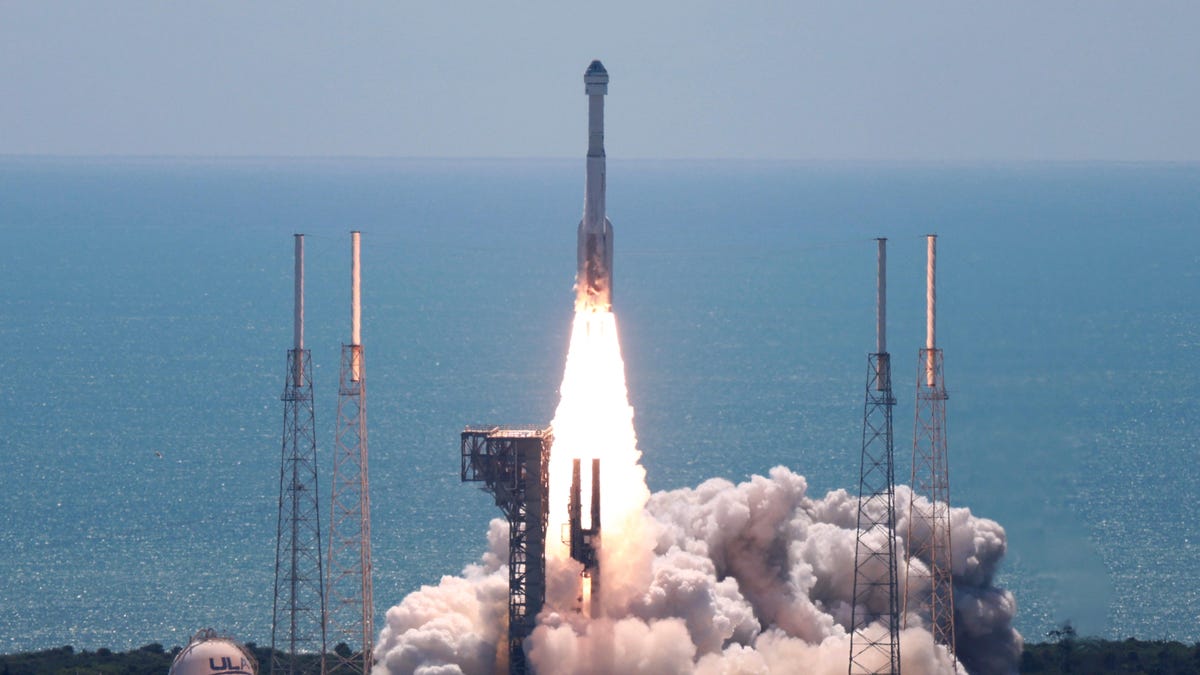EU to Impose New Tariffs on Chinese Electric Vehicles
The European Commission announced on Wednesday its intention to implement a series of tariffs aimed at curbing the influx of Chinese electric vehicles (EVs) into Europe. The move comes as part of an ongoing investigation into what the Commission considers unfair subsidization within the Chinese EV market.
Under the new tariffs, vehicles from manufacturers such as BYD will face a 17.4% duty, Geely a 20% tax, and SAIC could see tariffs as high as 38.1%. Other Chinese battery EV makers will also be subject to duties, with rates averaging 21% for those who cooperated with regulators and up to 38.1% for those who did not.
The European Commission stated, “The battery electric vehicles value chain in China benefits from unfair subsidization, which is causing a threat of economic injury to EU BEV producers.” If discussions with Beijing do not lead to a resolution, the initial measures will be implemented on July 4, with definitive actions to follow within four months.
Implications of the Tariffs
The EU’s decision to impose tariffs on Chinese EVs mirrors similar actions taken by the United States, which announced plans to increase duties on EV imports from China. The goal is to level the playing field for European and American EV manufacturers who have faced stiff competition from Chinese companies benefiting from government subsidies.
Despite the tariffs, Chinese automakers remain committed to investing in Europe. Cui Dongshu, Secretary General of the China Passenger Car Association, affirmed that Chinese firms are focused on building long-term partnerships and will not disrupt the stability of employment in Europe through aggressive pricing strategies.
Chinese EV manufacturers, such as Chery Automobile, are already establishing production facilities in Europe. Chery has a plant in Spain and is in talks with Italy to expand its operations. Additionally, Hungary has become a strategic location for Chinese battery makers and automakers, with BYD planning to build a new factory in the country.
Partnerships and Investments
Several European carmakers have strong ties to Chinese companies. Geely, for instance, owns Volvo and Polestar, both of which have production facilities in Europe. Volvo recently shifted production of its China-made EVs to Belgium to avoid the new tariffs.
Stellantis CEO Carlos Tavares predicts that Chinese automakers could capture up to 10% of the European market, equivalent to 1.5 million cars. Stellantis is collaborating with China’s Leapmotor to sell vehicles in nine European countries, with plans to manufacture them in Poland.
Overall, the tariff imposition reflects the growing competition in the global EV market and the efforts of various governments to protect their domestic industries while fostering fair competition.
Image/Photo credit: source url





